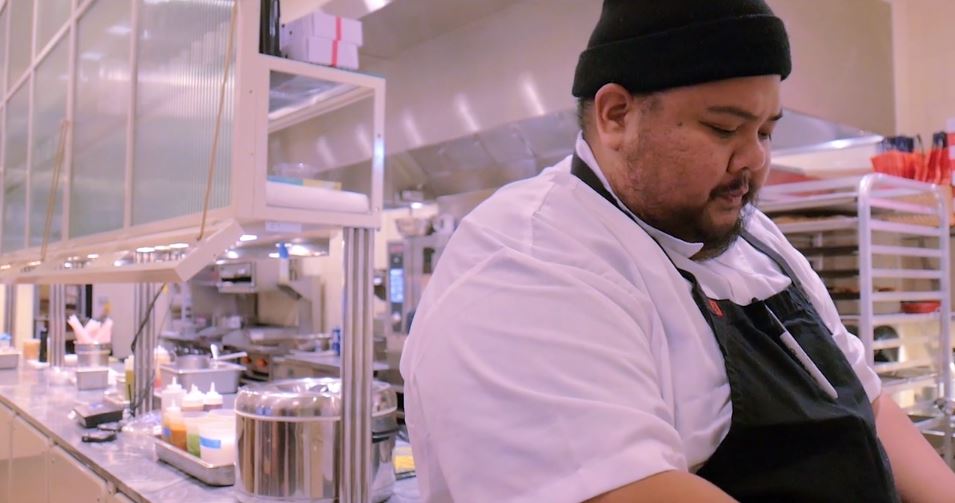
Scene from Ulam: Main Dish, Ricepaper’s partner film and Saturday’s centrepiece spotlight at the 22nd Vancouver Asian Film Festival screening at Cineplex Odeon International Village Cinemas, Vancouver (11/3, 700 pm – 930 pm)
Filipino American Alexandra Cuerdo writes and directs the documentary Ulam, a love letter to the burgeoning Filipino food scene in New York City and Los Angeles. As with any good food documentary, there is a myriad of mouthwatering food scenes with Cuerdo lovingly framing close up shots of glistening longganisa (sausage), perfectly seasoned and slow-smoked ribs, and steaming pancit (noodles). But more than that, the film also talks about the experiences of first and second-generation Filipino Americans, and the struggle to have Filipino food and identity be recognized in the larger American society and even their own Filipino community.
Cuerdo adeptly elicits personal stories and ruminations on the growth of Filipino-American food culture from the award-winning chefs and restauranteurs she talks to. You’ll meet Alvin Cailan (of NYC restaurants Eggslut, Unit 120, Paper Planes, and Amboy) who passionately describes how Filipino food can bring a greater understanding of Filipino culture to Americans when they may only know the Philippines through boxer Manny Pacquio and his homophobic remarks, and Philippine President Rodrigo Duterte and his deadly drug war. There’s also Amy Besa and Romy Dorotan (of NYC’s Purple Yam) who are able to give an eloquent dissertation on what makes Filipino food and its flavor profiles so unique which include its many cultural influences from trade, war, colonialism, and globalization.
All the restauranteurs also talk about their struggle to get their restaurants off the ground. Running a restaurant is difficult in the competitive restaurant industry when the average failure rate is 3 months, but it seemed especially difficult for a restaurant serving Filipino food. As restauranteur Nicole Ponseco (of NYC’s Maharlika and Jeepney) puts it, the common thought was that that “White people aren’t interested in [Filipino] food… [and] Filipinos won’t pay for it.” The restaurateurs also ruminate on why it took so long for Filipino food to break through – not just because many Americans seemed unable to recognize Filipinos as a distinct culture and people, but also because the Filipino community itself had to shift its specific expectations of what Filipino food should taste like (and how much it should cost). As a Filipino Canadian myself, I recognized this mentality of wanting Filipino food to taste exactly how it did in my childhood, and being reluctant to pay more than what I remembered it costing in the Philippines. The recollections of these struggles and the budding relationships that have developed within the Filipino-American chef community make the growth of the Filipino-American food scene especially remarkable, and helps rise Ulam above merely a video of Instagram food porn.
Cuerdo interviews a total of 11 chefs and restauranteurs. For much of the film, she switches back and forth between several chefs, with a general theme connecting the different stories, and the theme change signaled by the music cues. Cuerdo makes an exception for Alvin Cailan, who has an extended sequence on his produce buying habits, his relationship with his girlfriend, and the opening of his new restaurant, Amboy. Although I appreciated watching more of his story, I also wished I could hear more about the other chefs – i.e., how Romy Dorotan was able to transform from a dishwasher who had never cooked in his life to an award-winning chef. This uneven structure made me wish that Cuerdo had made the decision to interview fewer chefs and delve deeper into their lives and thoughts on the rise of Filipino food in America.
In the end, Ulam is a noteworthy film, mainly for shining a spotlight on a community and food that for so long has flown under the radar. According to an interview with the director, Cuerdo has been getting inquiries from teachers wanting to use the film to teach since there has been so little representation of Filipino-Americans in the media.[1] This film will certainly provide a crash course on Filipino food for the uninitiated, fill the Filipino-Canadian community with a sense of pride at what their fellow Filipinos have accomplished and hopefully encourage more visits to local Filipino restaurants.
[1] http://moveablefest.com/alexandra-rey-cuerdo-ulam-main-dish/
Patricia Lim lives in Vancouver and has also spent time in Halifax, Manila, and Beijing. She has written for Ricepaper, Schema, Converge, and Vancouver Observer. She enjoys examining the connections between culture, history, and identity.
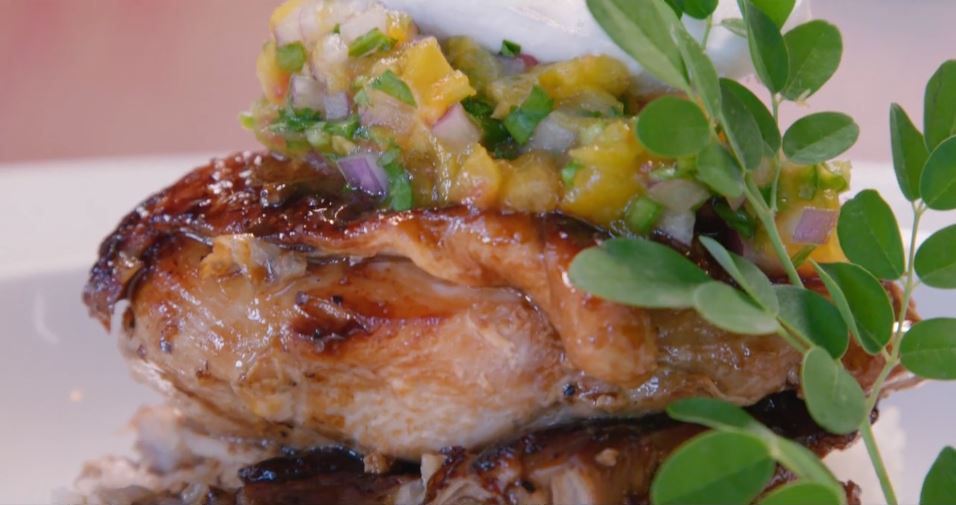
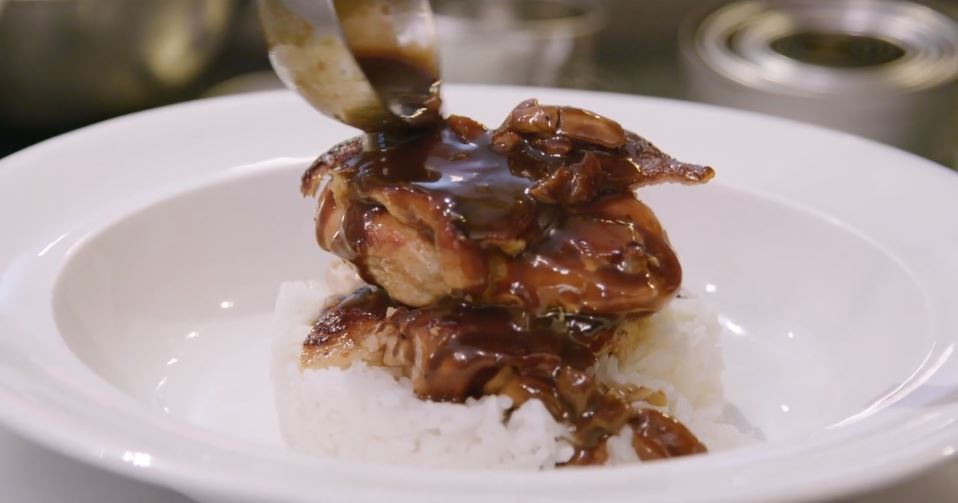
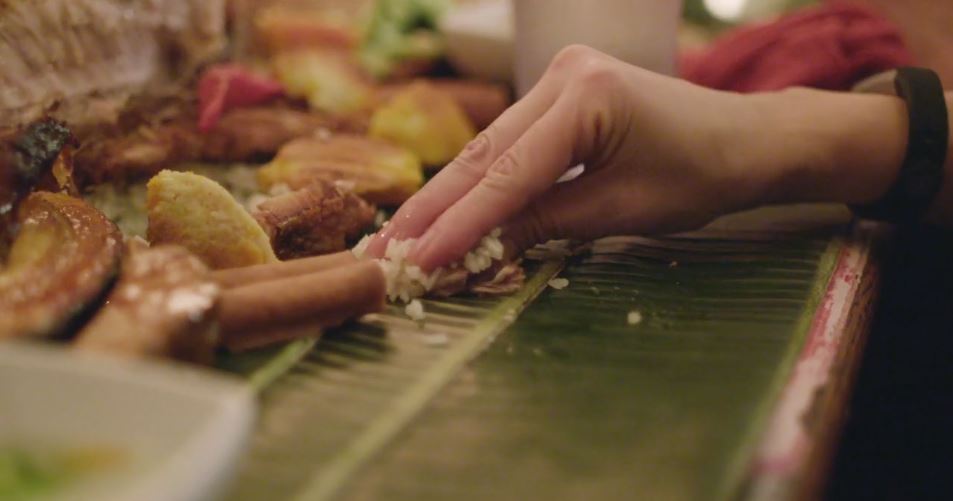
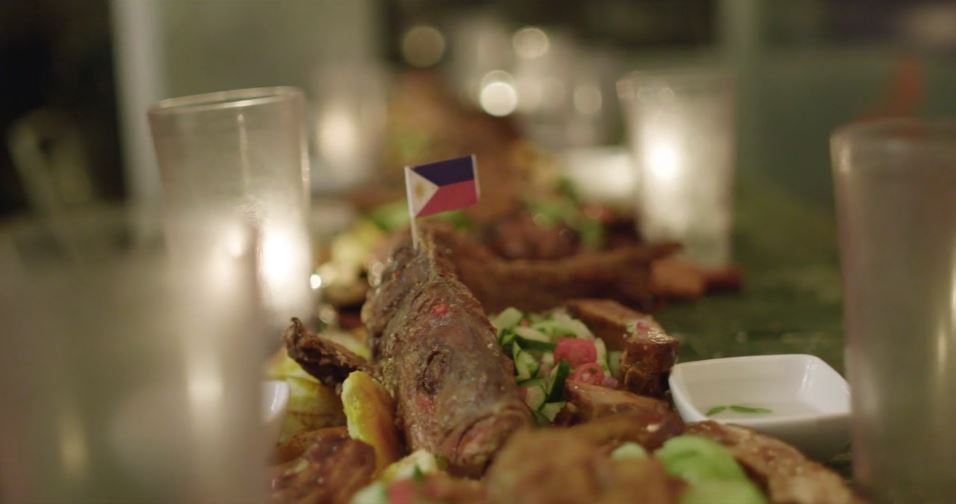

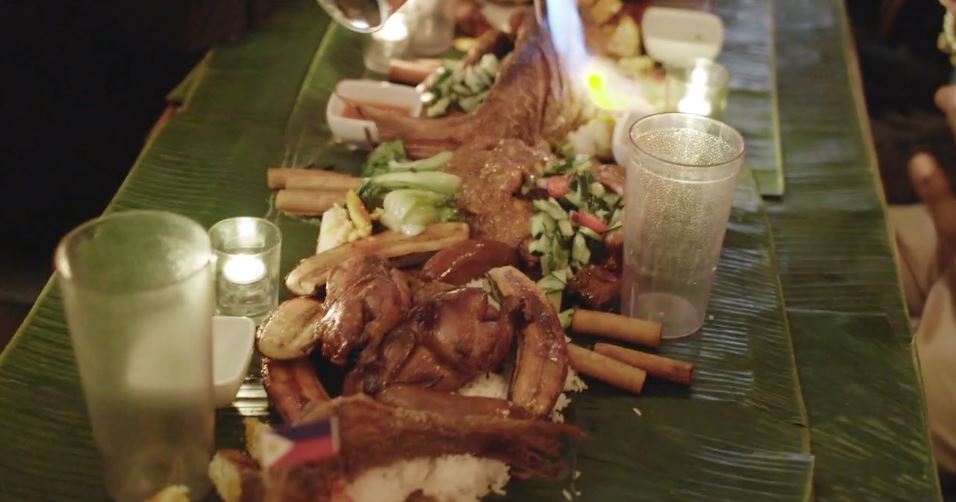
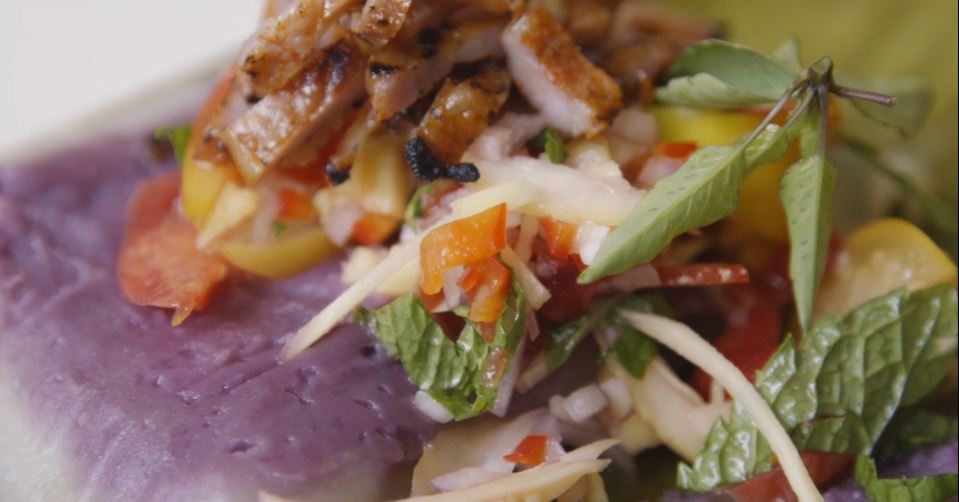
1 comment
Nice review Patricia. See you at Bao Down too after the show. – Ted Alcuitas, Editor & Publisher, philippinecanadiannews.com.